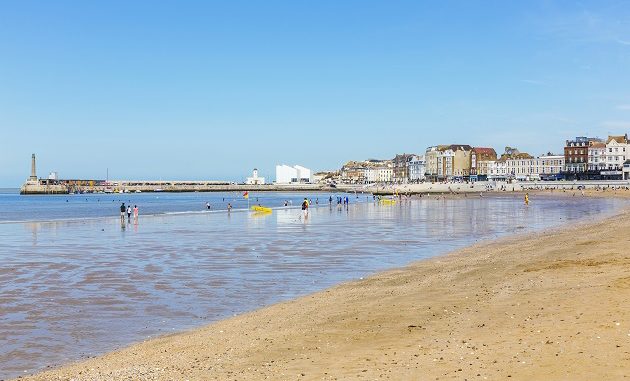
Ten Thanet beaches have received Blue Flags and Seaside awards from Keep Britain Tidy in recognition of their cleanliness, safety and environmental standards.
The awards, from Keep Britain Tidy, are quality marks given out each year by the organisation following tests to make sure waters reach tough international bathing water quality standards. They mean that those visiting can be sure that they are clean, safe and meet the highest environmental standards.
The isle received six Blue Flags and four Seaside awards. But although this is the same number of awards as last year, there have been some changes.
Margate Main Sands has been upgraded from good to excellent after improved bathing water results, meaning this year it receives the Blue Flag.
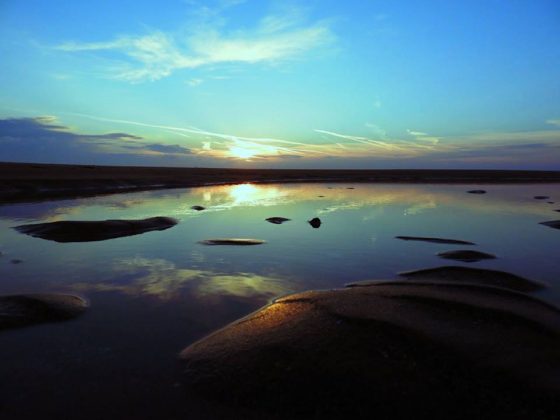
But Joss Bay has lost its flag after being designated good rather than excellent. The downgrading comes after just one higher than previous readings for ecoli and Intestinal Enterococci was recorded in September. The bay’s good water standard qualifies it for a Seaside Award.
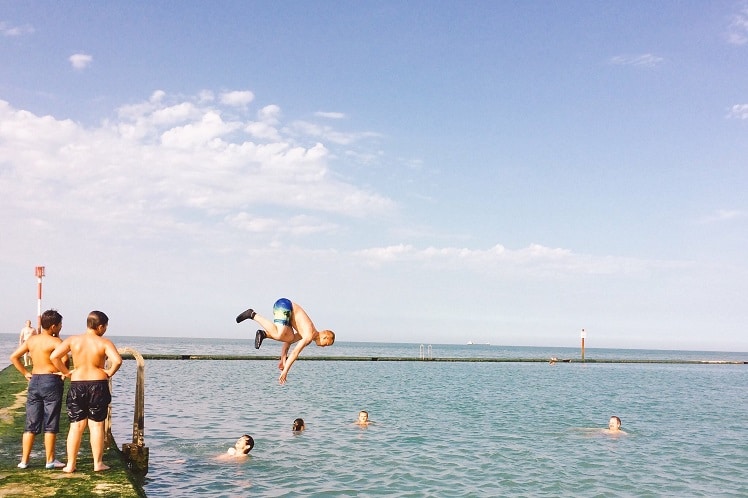
For Walpole Bay there is good news. While not eligible for an award, the bay’s water quality has been recorded as sufficient, an upgrade from the previous poor rating.
The bay had been rated as poor under EU water quality regulations for several years. In the ratings for 2016, under stricter EU regulations which came into force in 2015, Walpole Bay received a poor standard despite having 17 ‘acceptable’ water quality results out of 20 weekly samples,
Under the EU guidelines, any beach classified as ‘Poor’ must display an ‘advice against bathing’ symbol at the beach. The advisory symbol does not restrict people from swimming in the location but provides beach users with a more informed choice before they swim.
The sufficient grading means ‘advice against bathing’ signs can now be removed.
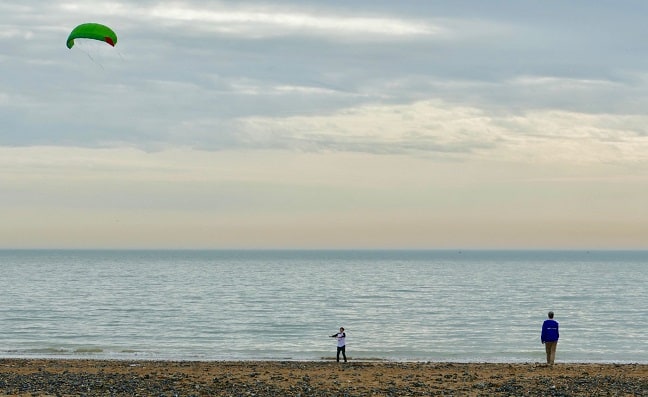
Ramsgate has not regained the flag that it lost last year but still remains rated as good.
The Environment Agency takes samples to test for bathing water quality between May 1 and September 30. Out of the 413 bathing waters measured in England during 2017, 406 met at least the minimum standard of the Bathing Water Directive and 271 were rated as excellent.
Blue Flag beaches
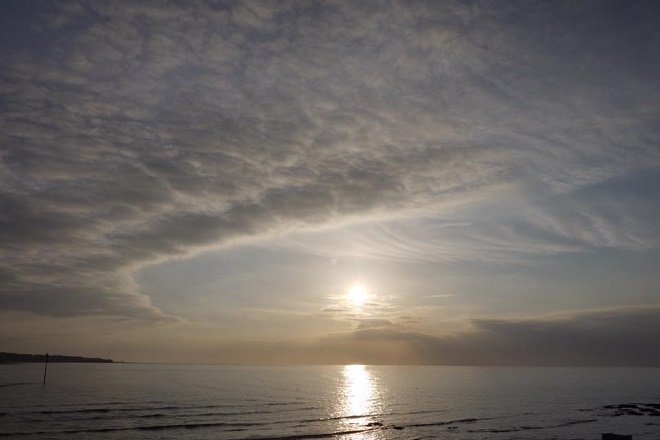
- Botany Bay
- Margate Main Sands
- Minnis Bay
- St Mildred’s Bay
- Stone Bay
- West Bay
Seaside Awards
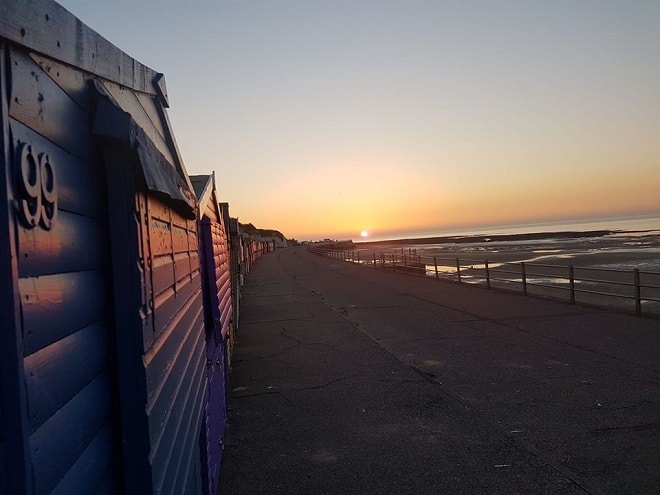
- Joss Bay
- Ramsgate Main Sands
- Viking Bay
- Westbrook Bay
Cllr Jason Savage, Thanet council Deputy Leader and Cabinet Member for Coastal Development, said: “Thanet is one of the UK’s fastest growing tourism economies and our beautiful, sandy beaches help us attract hundreds of thousands of visitors every year.
“We are delighted that 10 of them have been recognised by Keep Britain Tidy as amongst the country’s best. These awards are emblematic of the team’s commitment and dedication to keeping our beaches clean and safe for everyone to enjoy.
“With an action packed events programme this summer, there has never been a better time to live in or visit the Isle of Thanet.”
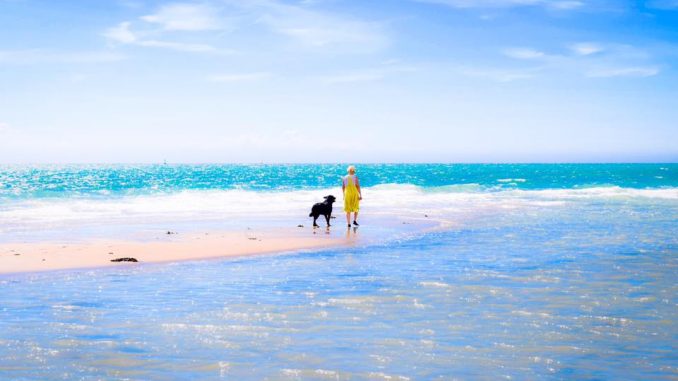
Thanet District Council encourages people to take part in the national #2minutebeachclean campaign and has clean-up stations at beaches across the district. Clearing up the small area of the beach you’ve spent time on helps reduce the amount of litter.
The council also has a dedicated Educational Officer who goes into schools and talks with pupils about the impact that litter has on beaches and the ocean.
This year environmental charity Keep Britain Tidy is presenting 190 awards to England’s best beaches, including 65 international Blue Flags and 125 Seaside Awards -eight more than last year -, with 42 beaches achieving both awards.
Bathing Water Quality Legislation
- Every year, from May to September, the Environment Agency monitors the water quality of more than 400 beaches throughout the UK.
- These beaches, known as ‘designated bathing water’ are those used by a large number of bathers and are required to meet strict European guidelines on water quality.
- There are 13 designated bathing waters in the Thanet district.
- The way bathing water quality is measured changed in 2015 with the implementation of more stringent new standards.
- The Environment Agency now uses four years’ worth of data to assess water quality and classify it as either ‘Excellent’, ‘Good’, ‘Sufficient’ or ‘Poor’.
- This change is the result of a revision to the EU Bathing Water Directive and means that achieving the new water quality standards are almost twice as tough as before.

